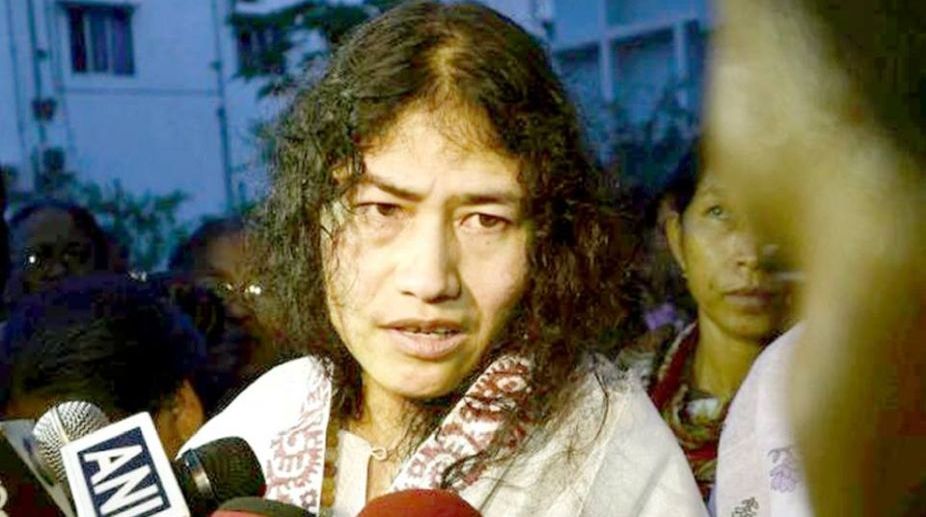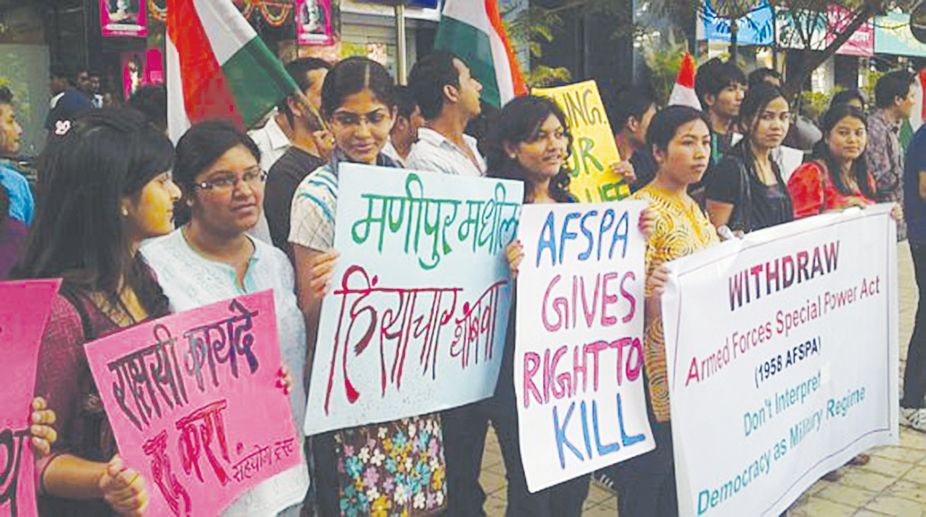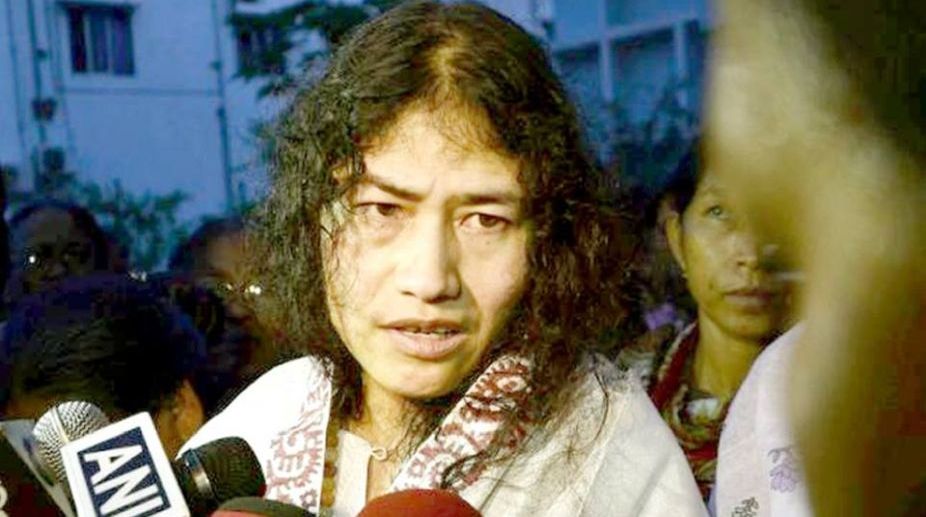Where is Irom Sharmila & is Manipur missing her amidst violence?
Sharmila, known for her indomitable 16-year hunger strike demanding the repeal of the Armed Forces Special Power Act, has faced personal hardships.

Sharmila, known for her indomitable 16-year hunger strike demanding the repeal of the Armed Forces Special Power Act, has faced personal hardships.

The AFSPA (1958) that happens to be one of the most draconian instruments of security and control, first applied to Assam and Manipur and later amended in 1972 to extend to Tripura, Meghalaya, Arunachal Pradesh, Mizoram and Nagaland, vests unaccountable and extraordinary powers with the armed forces. The public consciousness against the AFPSA was raised when a group of elderly and middle-aged women from different organisations of the Meira Paibi the largest civilian movement fighting state atrocities and human rights violations in Manipur, besides drug abuse and crimes against women - led a protest march against the rape of Thangjam Manorama by soldiers of Assam Rifles. The fast unto death begun by Irom Chanu Sharmila on 2 November 2000, in protest against the Act, that continued well into August 2016, stirred public conscience

Sharmila, who had moved to Kodaikanal in Tamil Nadu after losing the assembly poll in her home state, married her long-time British friend Desmond Coutinho in 2017.

The withdrawal of AFSPA from the North-east was necessary as the region seeks a legal and democratic framework to offer India connectivity to the east, says Rakhee Bhattacharya

Civil rights activist Irom Chanu Sharmila on Thursday married her lover Desmond Coutinho in Kodaikanal in Tamil Nadu. The low-key…
A local social activist has filed an objection to the proposed marriage of human rights campaigner Irom Sharmila with her…
Finally, Irom Sharmila, the indefatigable fighter against the Armed Forces Special Powers Act (AFSPA) in Manipur, has decided to tie…
Acclaimed Manipuri activist Irom Sharmila’s statement in New Delhi last week where she reportedly said that the “racial discrimination on…
Handed a humiliating defeat on her maiden foray into electoral politics, Manipur's human rights activist Irom Sharmila on Saturday announced…
Handed a humiliating defeat on her maiden foray into electoral politics, Manipur's human rights activist Irom Sharmila on Saturday announced…